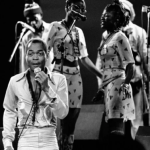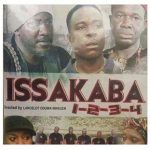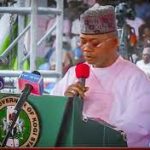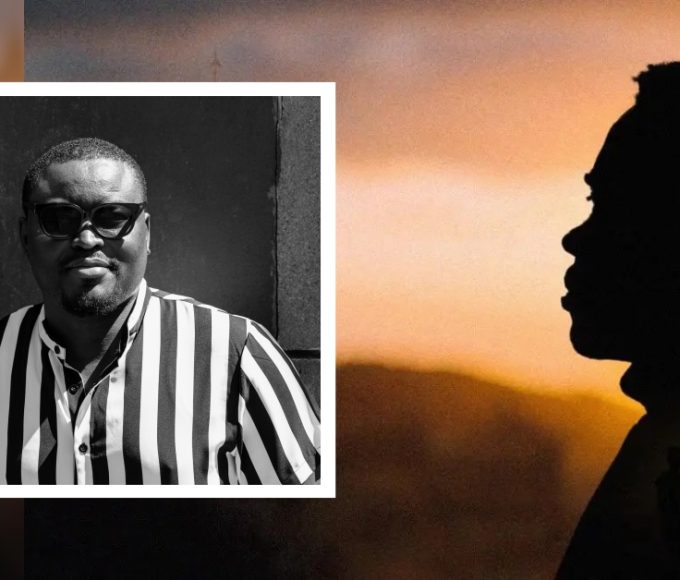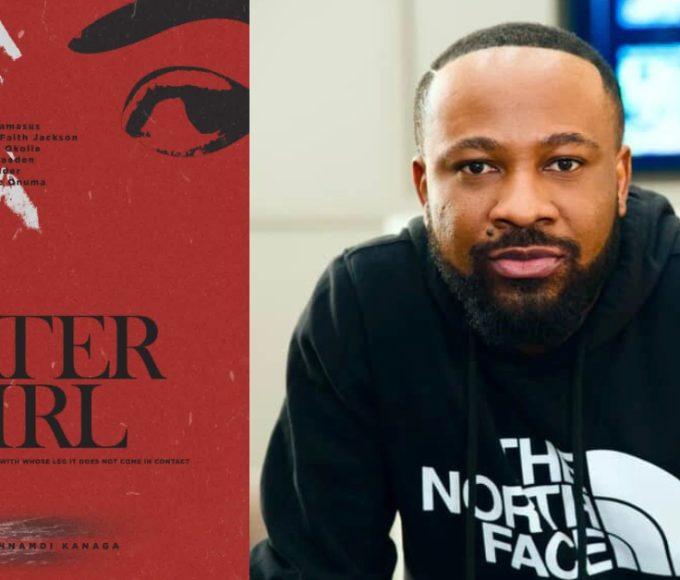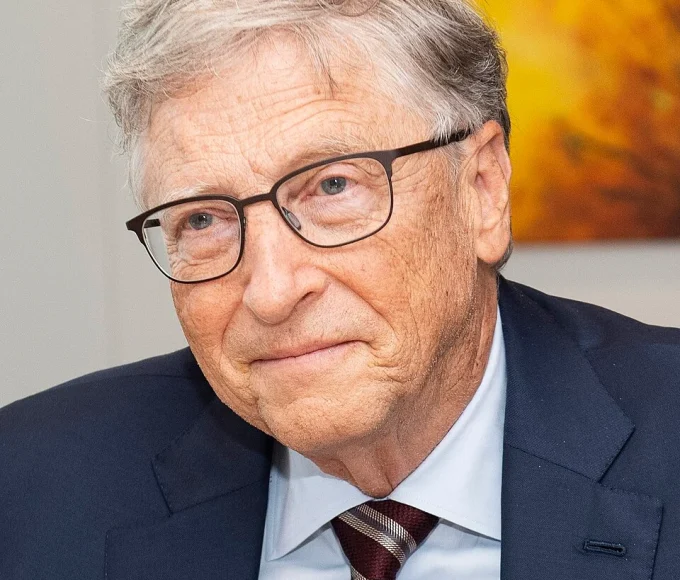
Raphael Adebayo: If Six-Year-Old Kids Can Defend Their Families in Mexico, Why Can’t Nigerians?
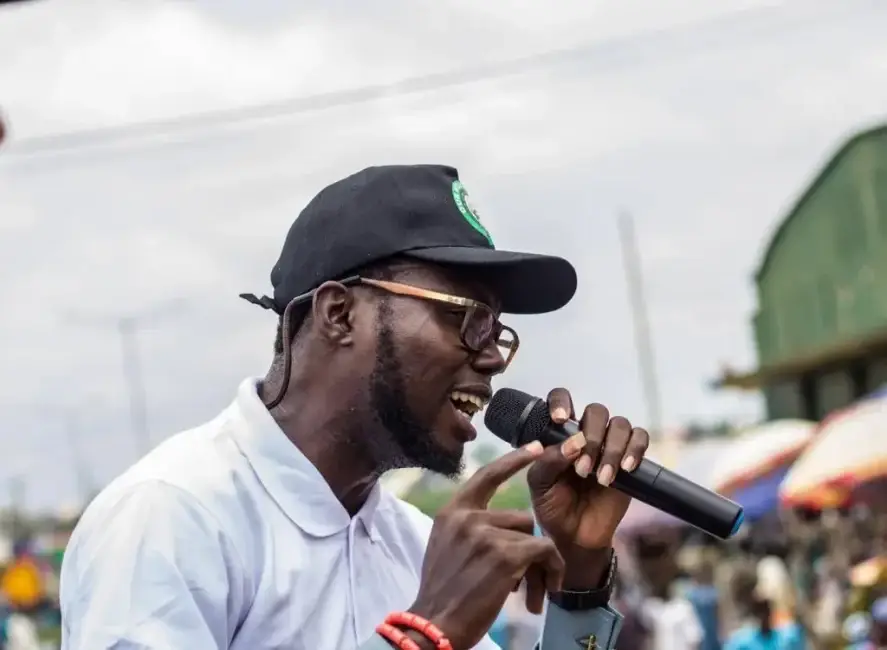
A few days ago, I declared that it was time for Nigeria to legalize and democratize access to firearms and ammunition so that her citizens can protect themselves from the untamed explosion of insecurity in the country. There are practical questions regarding gun legalization in Nigeria, chief among them partly related to the ostensibly volatile temperament of Nigerians and the potential for chaos to ensue once liberal gun ownership gets legal backing. Some have suggested that it would be difficult to stem the likely tide of gun violence at local viewing centers where impassioned Arsenal FC and Chelsea FC supporters might goad themselves into a gunfight. Some have similarly cited a possible surge in gun crimes in, for instance, the intractable everyday traffic jam in Lagos State or the settling of domestic disputes with guns, etc.
As seemingly legitimate as these concerns might be, they are no more sensational, even humorous, than they are unbacked by any compelling data that suggests Nigerians are such goobers who are so emotionally unstable or dangerously wired that they cannot be anything but violent gunslingers. Moreover, arguments based on such a delicate and often peculiar detail as temperament are, at best, too vague and hard to measure and, at worst, have little to do with the expansion of public access to firearms and ammunition and perhaps more to do with their proponents’ gun-shy nature. That said, there is indeed a legitimate concern to bear in mind in the case of mental illness, a condition which exists at varying levels among roughly 50 million or one in every four Nigerians. But this has little to do with deprioritizing civilian gun ownership and more to do with countrywide access to mental health services, mental health awareness measures, and robust gun control.
As of today, nearly one billion or one in every eight people globally have some form of mental illness, but this fact has not stopped at least 175 countries from allowing civilians to own guns, though with differing attitudes toward firearms regulation. In the same way that 25% of Nigeria’s population have some form of mental disorder, 30% of Ukraine’s 43 million people, 30% of the Czech Republic’s 10.5 million people, nearly 25% of Yemen’s 32 million people, over 25% of Guatemala’s 17 million people, and about 26% or over 80 million Americans, all have mental illnesses. Notwithstanding, the right to keep and bear arms for the protection of self, family, and property is a legally recognized right in each of these countries.
In South Africa, 92% of people with common and severe mental health condition are not getting any mental health attention. Yet, the possession and use of firearms by civilians for self-defence is legal. In the US, depending on who you ask in the red versus blue dichotomy, you may be told that gun-related deaths, specifically as they pertain to lone mass shooters, is simply a mental health issue, even though we now know that if all mental disorders disappear today, “violent crime in the US would fall by only 4 percent.” The point here is simple: as serious a concern as mental health is, it is only valid when there is life. In Nigeria’s case, it is neither the beginning nor the end of the gun ownership conversation.
Is Nigeria Ready?
The question of whether or not Nigeria is ready to liberalize civilian access to guns is rather misplaced. According to statistics, only 3 in every 100 people in Nigeria are licensed to own a gun, which emphasizes the extreme social inequality and nauseating bias in the current gun control regime in the country. In total, there are officially 6.2 million civilian-owned firearms for the rich and powerful to protect themselves, their properties, and families in Nigeria, a country of over 210 million people with a severe security crisis and brutal surge in acts of expansionist terrorism by Islamist fundamentalists, Fulani herders, etc.
It should surprise no one that there are nearly never cases of the wealthy and their scions being kidnapped, gunned down, or butchered day and night in Nigeria. Compared to the rest of the population considered soft targets by terrorists, the political class and the wealthy in Nigeria are invariably the protected class due to their exclusive privilege to defend themselves and their families from these savage extremists. In these desperate times, the right to bear and keep arms should not merely be a privilege for the moneyed class; it should be a right for every ordinary Nigerian who is of sane mind. Nothing screams upper-class conspiracy and downright callousness more than this.
Between 2013 and now, more than 10,000 Nigerian men have experienced the withering consciousness of impotence as their wives and young daughters were abducted by Islamist terrorists, raped, and later forced to terminate their unplanned pregnancies. The cancerous elite conspiracy in Nigeria is the reason ordinary Nigerian fathers still cannot protect their families and properties, and women and girls cannot live freely without the fear of being raped or abducted by terrorists. In Mexico, where more than 30,000 people have died yearly since 2018 due to criminal violence and kidnappings, the right of civilians to keep and bear arms is no longer in question. There are several reports confirming how young boys aged 6 to 15 years old in the state of Guerrero in Mexico are taking up arms to protect themselves and their families from the enforced disappearance, conscription, and unabated violence by drug cartels in the region.
The then Governor of the State, Hector Astudillo Flores, expressed his support for the local militia group led by some brave and experienced adults to ensure their community is protected from cartel-instigated violence. They consider this initiative a form of community policing—locally known as “community guard”—a more potent way of protecting the people of the Nahua indigenous ethnic group in that part of Mexico. This is decidedly more instructive than the rigmaroles of the Nigerian state on community policing despite the fact that there is no evidence of active political will for such, effectively rendering indigenous communities in the country, especially in the middle belt and rural south, soft targets for terroristic expansionists and fundamentalists.
In comparison to Mexico, more than 90,000 Nigerians have died yearly since 2016, mainly because of the escalation of violence by religious extremists, violent ultranationalists, and other criminal groups. One question that all reasonable people globally are asking is how it is that six-year-old kids in Mexico are more determined to defend themselves and their families than adult Nigerians living in a patently failed state are willing to assert the right to do the same for themselves. To be sure, there is nothing romantic or romanticizable about arming six-year-olds, but there are enough lessons here about the tragedies of social disintegration and state failure that may necessitate the transference or inescapable sharing of dangerous obligations between the old and young, even if they are six years old.
This is the chaos that Nigeria must avoid, and permitting adults to possess and use firearms and ammunition is presently the only solution. The fact that the Nigerian state can no longer protect its sovereignty or people from violent extremists and criminal groups is enough reason for ordinary Nigerians who are direct victims of these incursions to want to defend themselves, their families, and their properties by themselves.
The posturing of some Nigerians that the country is not ready to legally and liberally arm its citizens in line with global best practices is a sign that there is still a grave disconnect between citizens’ understanding of their obligations in relation to the state and vice-versa in a liberal democracy. This is partly due to the enduring traces of declared and undeclared fatalism, as well as the stubborn pitfalls of the democratization process, precisely of liberal democracy, which subtly encourages the people’s overreliance—albeit self-deceptive in Nigeria’s case—on often self-selected crooks masquerading as legitimate elected officials, to uphold the mandate of the electorate as spelt out in the supposed social contract that binds the one to the other.
Under normal circumstances, the assurances of the principles of liberal democracy would suffice in ensuring that the interlinkage between frequent election cycles and citizens’ security and welfare is unbroken. But Nigeria is not a normal country, nor are the current circumstances which the government has proven incapable of dealing with on its own, supposing that was ever on the agenda.
Regardless, what may be said to be problematic about liberal democracy may also be said to be its very merits. In this sense, citizens must recognize that they are equal partners to any elected—or self-selected—government, imbued with unalienable rights to express and assert themselves in ways that emphasize their personal freedoms, potential for self-advancement, and more importantly, well-being and safety. Hence, the right question to ask is not whether Nigeria is ready but whether ordinary Nigerians are willing to reject their position as impotent victims and soft targets for violent extremists, criminals, and ethnoreligious executioners.
The American Example
For most people outside the United States, when they think of gun violence in the US, they think of mass shootings, which indeed is a tragedy. Although mass shootings get far more overwhelming coverage by the media, they “actually comprise only a fraction of the overall gun deaths in the United States”—less than one-third of all gun-related deaths. Hardly, however, do these external observers, particularly those in our part of the world, know or readily acknowledge that “roughly two-thirds of all gun-related deaths in the US are suicides,” which experts suggest may have more to do with lack of access to mental health services, socio-economic inequalities, “social isolation, relationship stressors, and substance abuse.” In spite of that, suicide by firearm is roughly half of the overall suicides in the United States, which implies that without timely intervention, suicides will commit suicide with or without firearm.
Regardless, it must be noted that legal and illegal gun ownership for self-defence is not as widespread in Europe or in other high-income countries of the world as it is in the US and Latin America, despite the latter’s strict firearms regulations. In Latin America’s case, as is the case in Nigeria, the state’s monopoly on violence is either speedily weakening or grossly weakened, and civilian actors—mostly criminal—are stepping into the picture to assert themselves.
In the United States, gun violence touches numerous areas of everyday life, and, according to the Gun Violence Archive, a foremost non-governmental organization monitoring gun violence in America, these incidents may at different points be related to hate crimes, murder, suicide, gang violence, murder-suicide, domestic violence, mass shootings, including school shootings, and over 100 other likely grounds.
Some observers have taken the position that mass shootings in the US emphasize a canker that is ingrained in the national psyche of America, dating back to the lynching of Black people by white supremacists in the 19th and 20th centuries. The argument is that lone mass shooters, most of whom are White males, may be viewed as continuators of the lynching spectacles of those wretched days because they represent “a public ritual of death, maiming, and the final dismemberment of the black body.” Similarly, other observers have noted how Latinx and Hispanic communities are more likely to be victims of mass shootings and gun violence in general.
These arguments have gained more backing from scholars who have argued that gun laws in the US are more indicative of a pugnacious survivalist worldview that is rooted in a racist ideology that is detrimental to ethnic minorities. In this sense, America may be more similar to Nigeria than we had previously cared to note, except that the situation may be slightly inverted here by contextual differences. Still, the question to ask in Nigeria is: Why else do law-abiding civilians need guns if not to protect themselves, their families, and their properties from people who believe it is their inherent right to kill others for their beliefs and expand their domination over territories that have passed through many generations for many centuries?
Finding the Balance
Rather than downplay or oppose the urgent need to legalize and liberalize civilian access to guns in Nigeria, the Nigerian government should now focus on how to define the ambits within which citizens may use legally purchased firearms to defend their families and properties. In the middle belt, for instance, citizens might need permitless carry for a specified period, coupled with the liberalization and commissioning of accessible licensed firearms dealers to stem the current tide of fundamentalist and expansionist barbarism sweeping through the region.
In the South, citizens in remote areas, particularly the communities dominated by farmers and market women, necessarily require that any firearms regulation be less strictly applied for a given period, after which an assessment of the situation may be done. This will help bring a swift and decisive end to the terror of Fulani herdsmen and their expansionist militia who levy farmers and rape women in Southern Nigeria. As for the rest of the population, stricter gun laws may be implemented fully, including detailed background checks and a robust background check system, prohibition of convicts and those who may deliberately harm themselves from obtaining firearms, limitations on the type and number of privately owned guns allowed per household or individual, childproofing, microstamping, etc., etc.
The Firearms Control Act of 1959, which currently dictates the rules of the regulation of civilian gun ownership in Nigeria, merely underscores the Nigerian state’s monopoly on violence and the class privilege ravaging the country. From airstrikes to massacres, the Nigerian state and its entire security architecture have so horribly abused the state’s monopoly on justified violence—killing, raping, and secretly burying citizens, including peaceful protesters, in mass graves—that citizens have abandoned all hopes of entrusting their safety to the state.
The complete legalization and democratization of gun ownership in Nigeria is the only way forward, and it is a matter of necessity. If given the option to choose between reasonably arming themselves within the confines of the law and remaining soft targets for Jihadists and hate-filled terrorists, the majority of the presently besieged Nigerians will invariably choose the former.
———————-
Raphael Adebayo is an activist and author. His book, De-Nigerianization, is described as “a propulsive vignette of Nigeria’s historical lopsidedness” and an exhortation to confront the meaning of Nigeria. His work has appeared in Sahara Reporters and other mainstream media.
Read more: UK, US, five others suspend funding for UN Agency in Near East
About The Author
Related Articles
For Bolé Festival, The Future Still Tastes Like Home
There is a unique energy in Port Harcourt every August and September....
ByIkenna ChurchillSeptember 18, 2025Babatunde Apalowo’s Next Nollywood Film, Londoner, Is Personal, but Its Questions Are Collective
Babatunde Apalowo has always been drawn to stories that feel intimate. His...
ByIkenna ChurchillSeptember 10, 2025Nnamdi Kanaga’s “Water Girl” and the New Wave of Mythmaking in Nigerian Cinema
The crackle of a Montana winter seems worlds away from the humid...
ByIkenna ChurchillJuly 17, 2025Exclusive: MI6, CIA-linked NGOs, Bill Gates Are Directly Writing Nigeria’s Security, Health, Food And Tax Laws
Foreign intelligence agencies and foreign organisations – including those tied to the...
ByMayowa DurosinmiJuly 11, 2025



